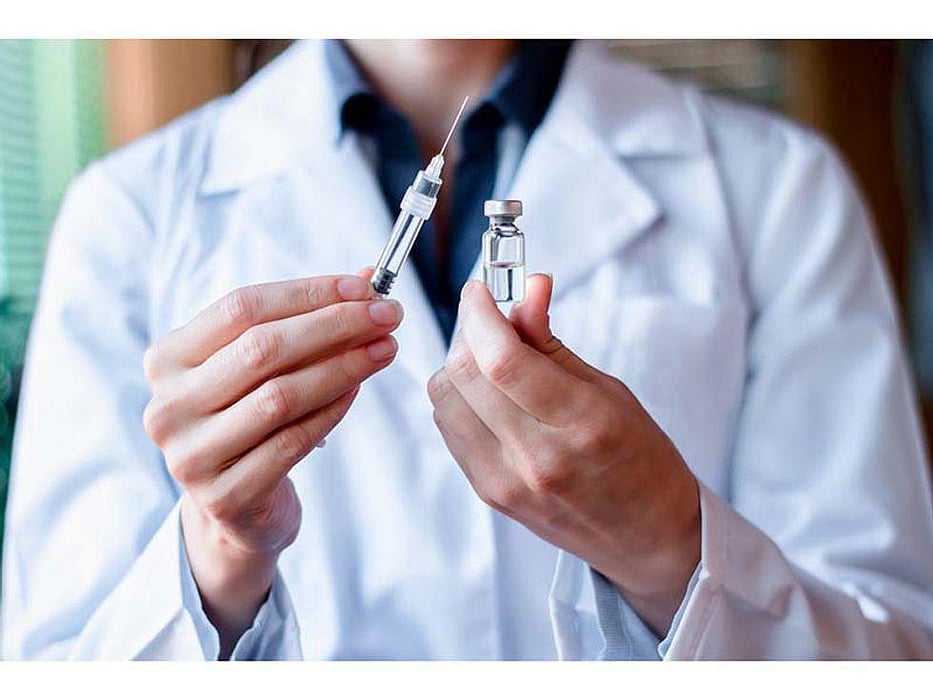FDA Approves Second COVID-19 Booster for Americans 50+

TUESDAY, March 29, 2022 (HealthDay News) -- The U.S. Food and Drug Administration announced Tuesday that it has approved a second booster shot of the Pfizer and Moderna COVID-19 vaccines for people 50 and older.
The agency also authorized a second booster for Americans 12 and older who are immune-compromised, such as those who have undergone solid organ transplants. The additional shot can be given at least four months after a first booster for both groups.
"Current evidence suggests some waning of protection over time against serious outcomes from COVID-19 in older and immunocompromised individuals," Peter Marks, M.D., director of the FDA Center for Biologics Evaluation and Research, said in an agency news release announcing the approval. "Based on an analysis of emerging data, a second booster dose of either the Pfizer-BioNTech or Moderna COVID-19 vaccine could help increase protection levels for these higher-risk individuals."
Once the U.S. Centers for Disease Control and Prevention decides exactly who should get the extra shot, it will become available immediately to those Americans. The CDC is expected to say that people in the age group may get a fourth shot, instead of recommending it, and to highlight vulnerable populations within that age group who should get the shot, The Washington Post reported.
Public health experts said they are finding it harder and harder to advise their patients on whether they should get yet another shot. "I've been getting multiple inquiries from lay friends over the past few days: 'What does this mean, and what should I do?'" John Moore, Ph.D., a professor of microbiology and immunology at Weill Cornell Medicine in New York City, told The Post. "I find it increasingly difficult to tell friends what they should do. It's becoming really problematic."
The primary benefit of a fourth shot is thought to be protection against severe illness, and that risk can vary dramatically among people 50 and older. A plethora of factors -- underlying health conditions, age, and time since last booster dose or infection -- all play a role in what a person should consider when weighing a second booster.
While no advisory panel meetings on second boosters are planned, the FDA has scheduled a meeting of its advisory committee on April 6 to discuss the administration's overall future vaccine strategy.
Related Posts
Specific Dietary Components in RMDs Moderately Beneficial
THURSDAY, June 2, 2022 (HealthDay News) -- There is moderate evidence for a...
Una cirugía mínimamente invasiva podría ser una buena opción en el cáncer de páncreas
VIERNES, 26 de mayo de 2023 (HealthDay News) -- La cirugía mínimamente invasiva...
Dove, TRESemmé Dry Shampoos Recalled Due to Possible Carcinogen
TUESDAY, Oct. 25, 2022 (HealthDay News) -- Unilever announced Monday that it has...
Are These Pricey New Alzheimer’s Drugs Worth It?
MONDAY, July 24, 2023 (HealthDay News) -- Breakthrough new drugs that clear...
